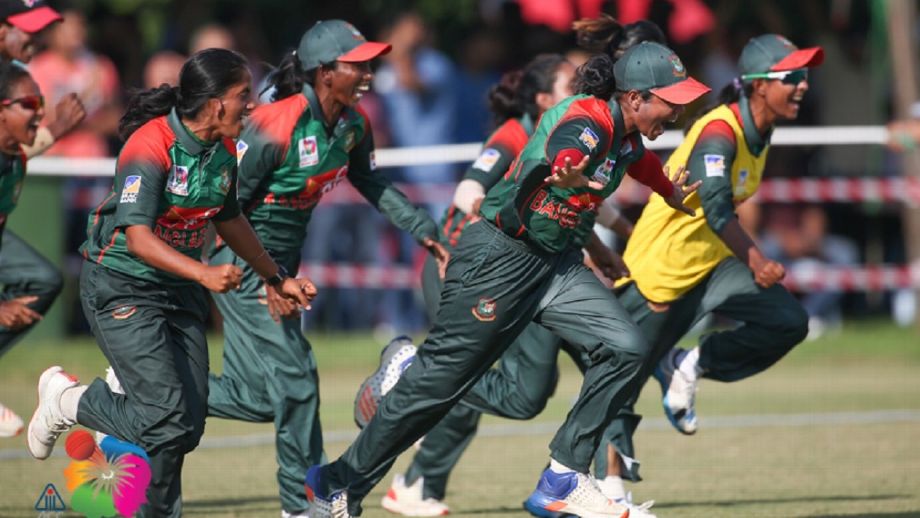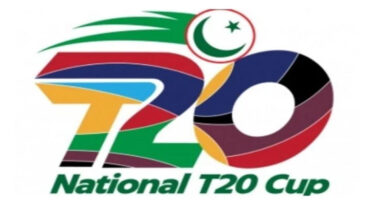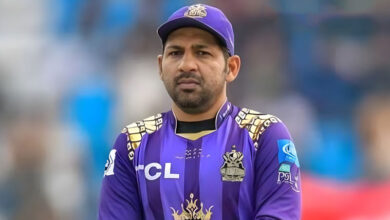Asia Cup success promises huge boost for Bangladesh women’s cricket


Women’s cricket in Bangladesh can expect a boost in popularity and monetary support after their historic and maiden Asia Cup title. They defeated six-time champions India in Kuala Lumpur on Sunday, having cruised past hosts Malaysia in the last league match a day earlier. The level of interest among fans shot up overnight after they beat Pakistan and India earlier in the week, with social media abuzz with the unprecedented run of success of the Bangladesh team.
The immediate impact on the team is an injection of confidence ahead of July’s World T20 Qualifiers in Netherlands. While Bangladesh have defeated higher-ranked teams in the past, too, including South Africa, Pakistan and Sri Lanka across both limited-overs formats, their maiden victory over India, who had never lost an Asia Cup match before, and then beating them again in the final became a much bigger deal.
In a broader sense, more young girls are likely to take to cricket across Bangladesh after seeing a performance of such promise. The final was televised live in Bangladesh, which is also likely to inspire aspiring cricketers to take the field. In 1997, when Bangladesh qualified for the men’s World Cup for the first time, cricket’s popularity increased tremendously, but it was an all-male affair.
Even today, women’s cricket is in the margins and only certain pockets in Bangladesh have training facilities and academies for female cricketers. The story of a local coach using a toilet as his office and for equipment storage to deal with lack of funds and support highlighted the challenges women’s cricket faces currently.
Nizamuddin Chowdhury, the BCB chief executive, said that the Asia Cup performance has already had a big enough impact for the board to think differently about women’s cricket, starting with separate sponsorship. “Team performance obviously has an impact on overall morale, popularity and sponsorship,” Chowdhury told ESPNcricinfo. “Currently, the women’s national team sponsorship is bundled with the men’s senior team, but after this success we have to think separately. They now have their own value to attract sponsors.
“We have to think especially about the women’s game in Bangladesh. We already have some talent-hunt programmes through domestic tournaments, but we should do more for their development.”
Nazmul Abedeen, the women’s team manager, said that the dream run in the Asia Cup will make the players more confident and focused, whether they are representing Bangladesh or playing in domestic competitions.
“The success will definitely change how current active players think about themselves,” Abedeen said. “Their perception will change. They will be more confident. ‘If they can do it, why not us?’ is what [other players from Bangladesh] will think now. At the same time, it will boost the players’ seriousness in training and competition.”
After the Asia Cup, the Bangladesh players will have a short break before travelling to Ireland for three T20 internationals. Then it is on to the Netherlands for the World T20 Qualifiers.




